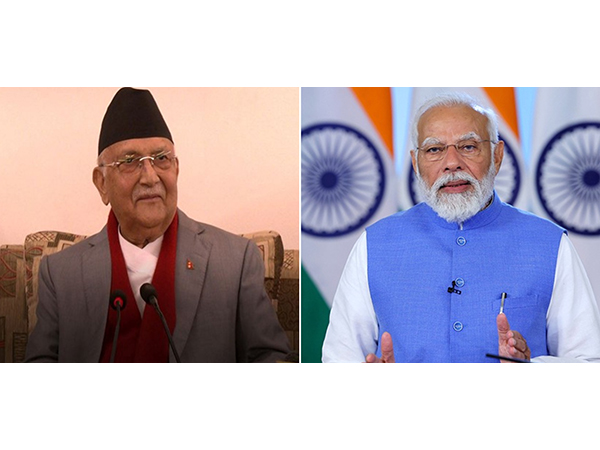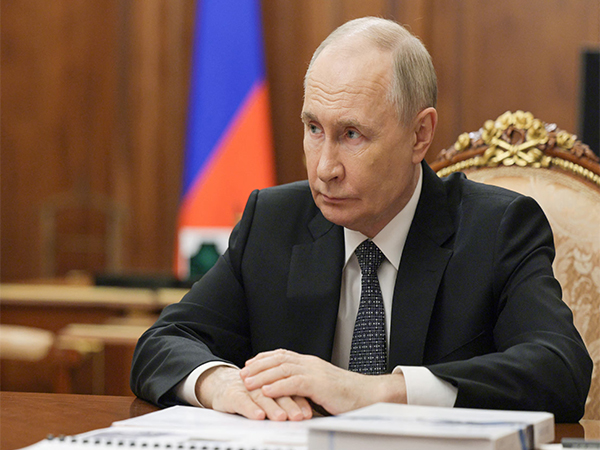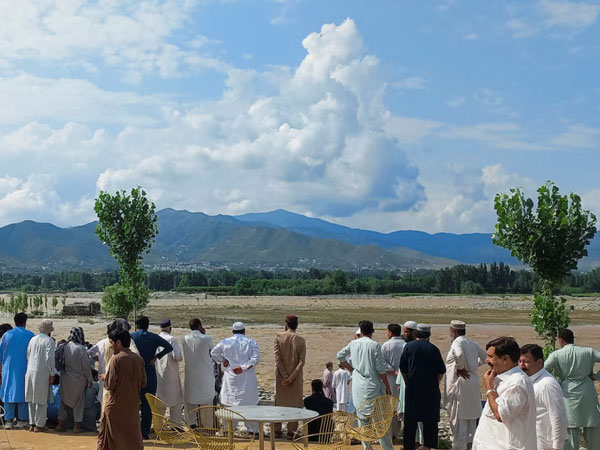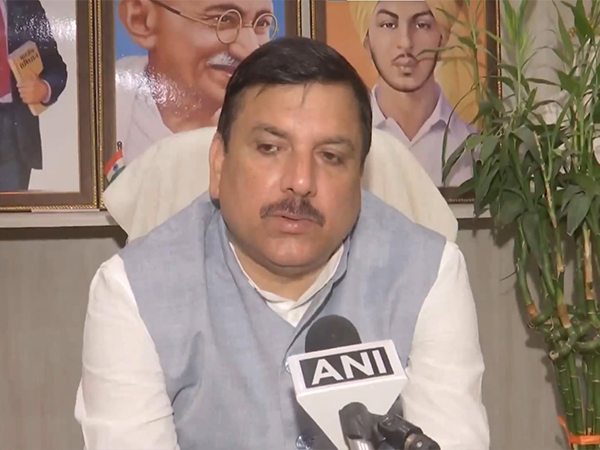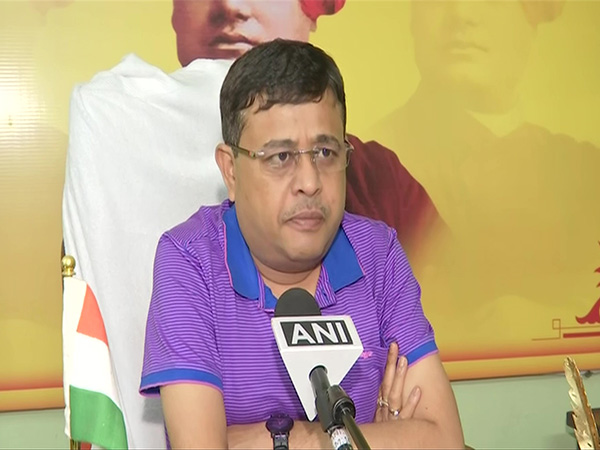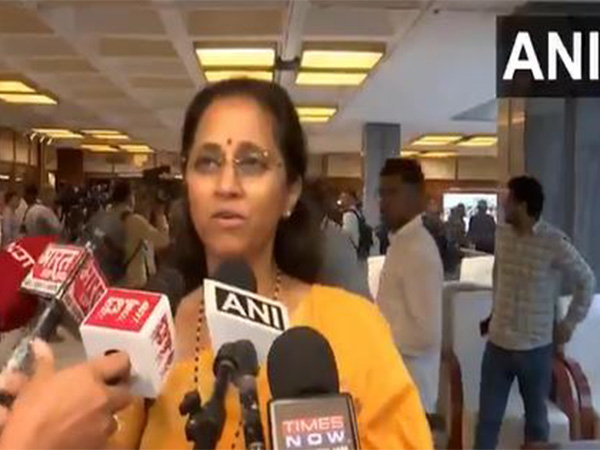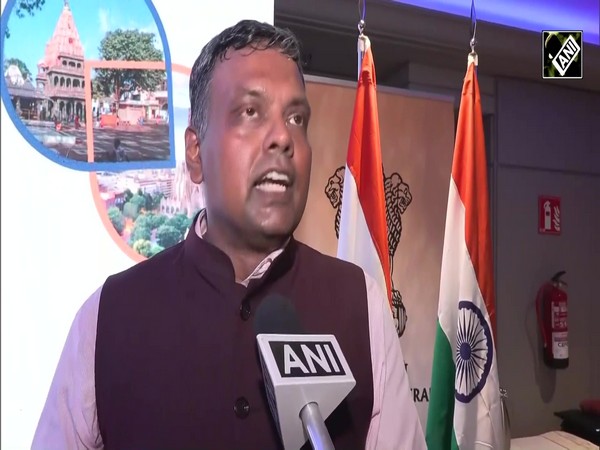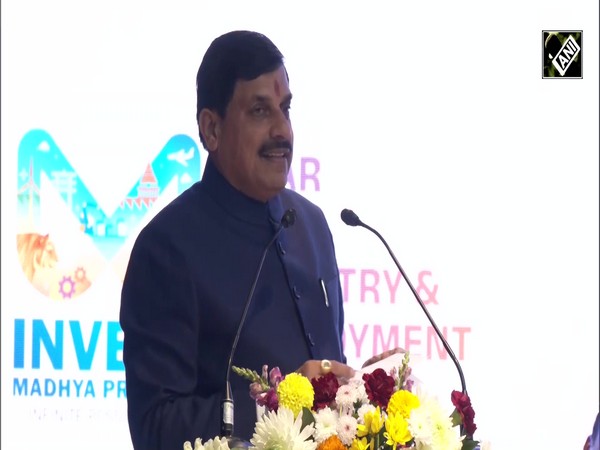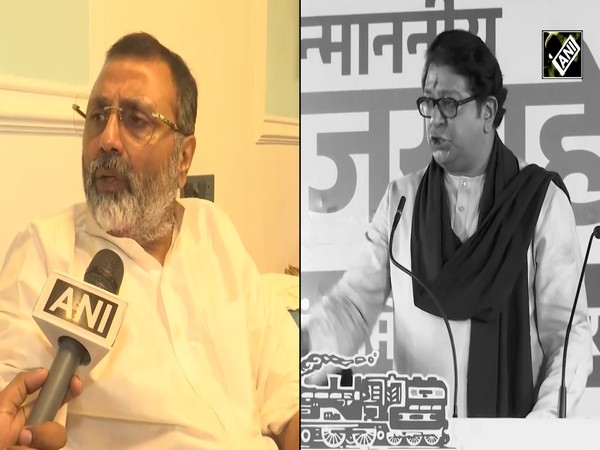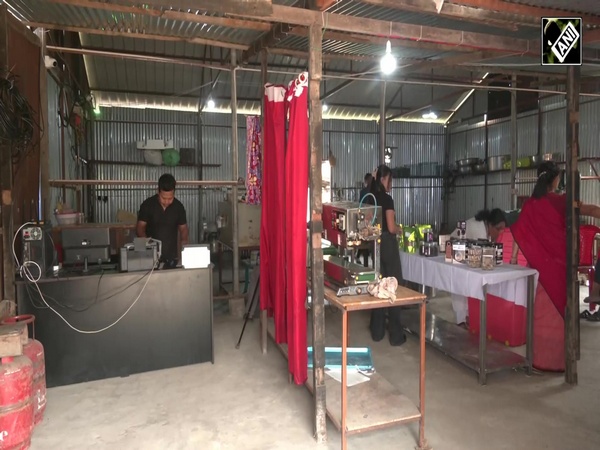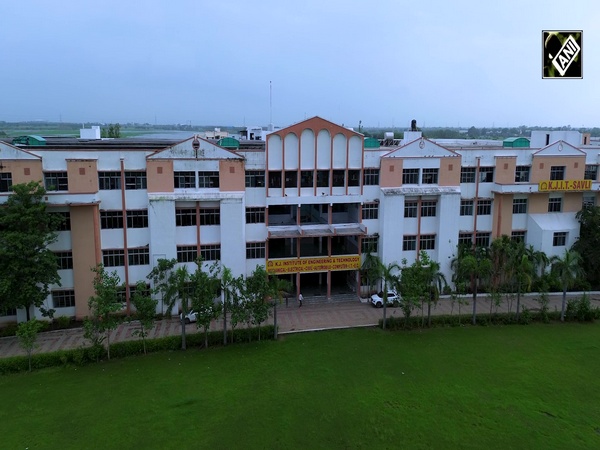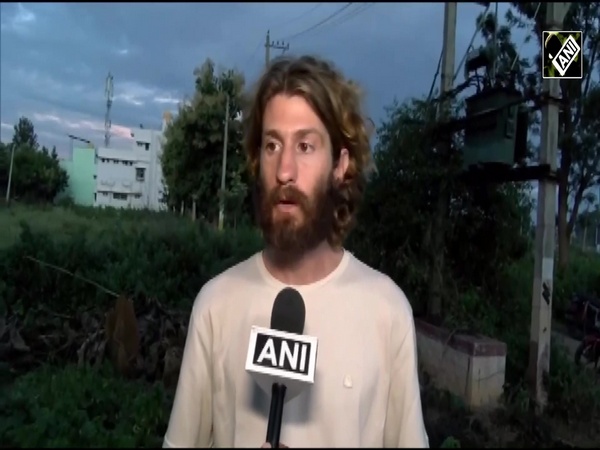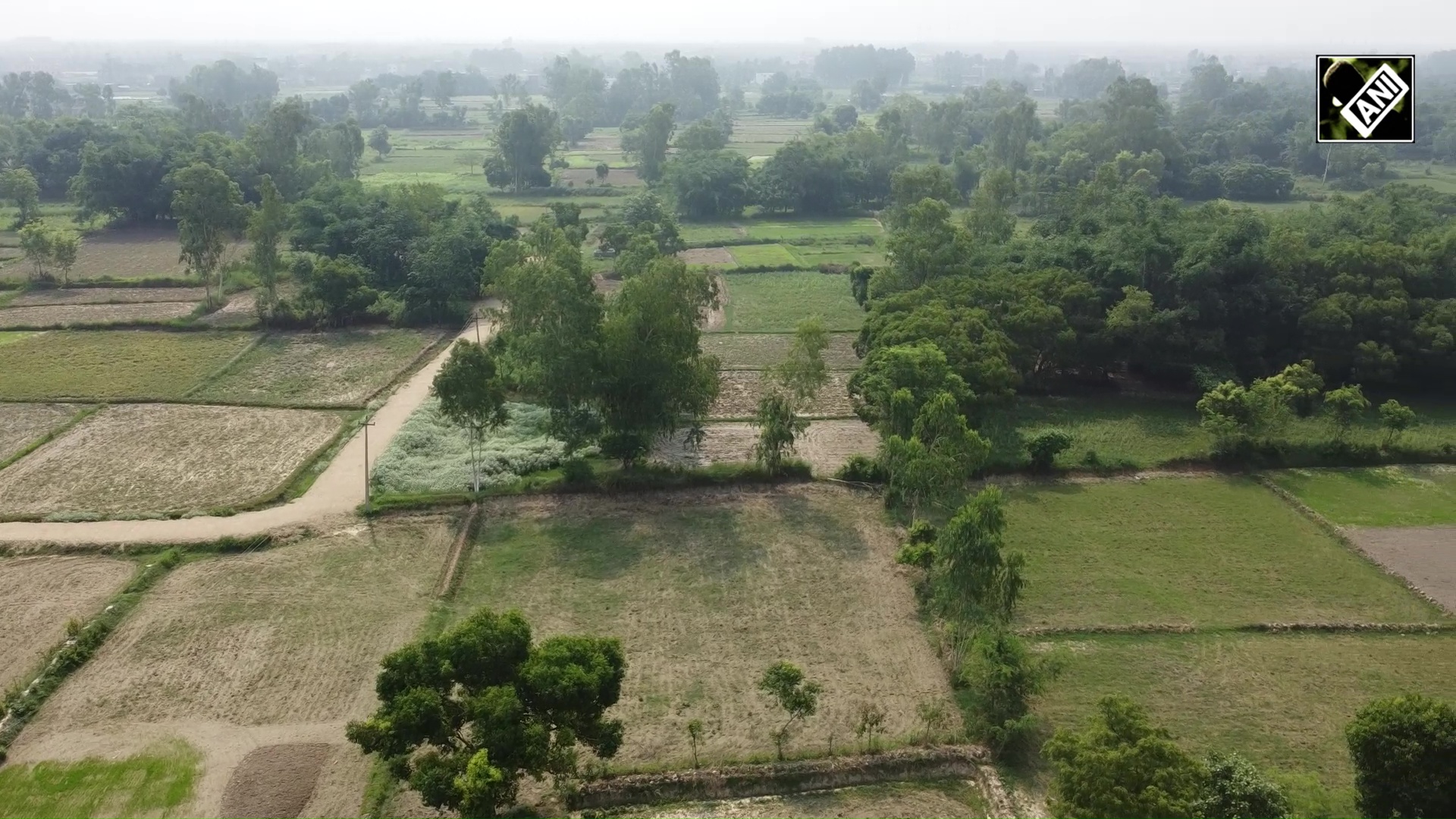World Sindhi Congress urges UN group to inquiry into enforced disappearances in Sindh
Jun 04, 2020

London [UK], June 4 : The World Sindhi Congress (WSC), a UK-based prominent group of the Sindhi diaspora, has requested the UN Working Group on Enforced or Involuntary Disappearances (WGEID) to initiate an inquiry into the secret abduction and forced imprisonment by the state of Pakistan.
The Sindhi body has also prepared a research paper for the WGEID and said that the Pakistan government and its security agencies must be held accountable for missing persons.
"We suggest visits to communities with high levels of enforced disappearance cases, to speak directly with the families, and to compile information and evidence to hold the government and its agencies accountable properly. Additionally, we would like to see the WGEID work to improve the capacity of the Commission, identifying areas it could improve upon and strengthening its ability to pursue perpetrators and locate more of the disappeared. WGEID can issue the Urgent appeals for the recent cases," the Congress said in its research paper.
According to WSC, a report of the UN Working Group on Enforced Disappearances (WGEID) in 2019 estimates the number of missing persons to be close to 3800 cases in Sindh.
The Pakistani Commission of Inquiry on Enforced Disappearances, established in 2010, had located 982 missing persons by 2016 and was failing to solve 1,273 other cases.
According to the Amnesty International Report in 2019, "The Commission of Inquiry on Enforced Disappearances (COIED) has 2178 cases unresolved as of now. As per the Commission's monthly report, 48 cases disposed of in January 2019, included 46 traced persons out of which 29 were returned home, ten were traced to internment centers, five are in jails on terrorism charges, and two were described as "dead bodies."
It further said that the WGEID has more than 700 cases pending from Pakistan. The number of cases of victims of enforced disappearance recorded by victim groups is much higher.
Many social and investigating journalists and the account narratives of survivors and families of victims point to the various security agencies, namely, Military Intelligence (MI), Inter-services Intelligence (ISI), Sindh Rangers, Sindh Police, and Intelligence Bureau (IB).
These agencies often work independently and with total impunity.
In 2019, Islamabad High Court (IHC) had ruled that "certain government functionaries were responsible for the criminal justice system's failure to recover Mr. Mehmood and fined them. It expressed displeasure with intelligence agencies - the Inter-Services Intelligence, Military Intelligence and Intelligence Bureau - and directed the federal government to bear monthly expenses of the missing individual's family."
The culture of impunity and lack of concrete action on the part of the government has allowed these rights violations to continue, unabated, while causing lasting damage to families and communities.
Many of the crimes were committed in broad daylight, by uniformed security personnel, or by men arriving in police vehicles. To date, note a single case has resulted in the criminal prosecution of the officials involved.
The government action to address these human rights violations has been insufficient, and it has limited itself to 'recovery, return and release' only for a fraction of the missing. These actions have not stopped the 'Pipeline of Disappearances' because the government is unwilling to do any accountability of the Military.
"As mentioned earlier, there have been a select few instances when the Sindh High Court and Supreme Court of Pakistan took suo-motu action for a limited number of enforced disappearance cases. Most of those cases, however, could not be resolved due to the non-cooperation of the governmental departments, especially security agencies under control of the Military," said the Congress.

